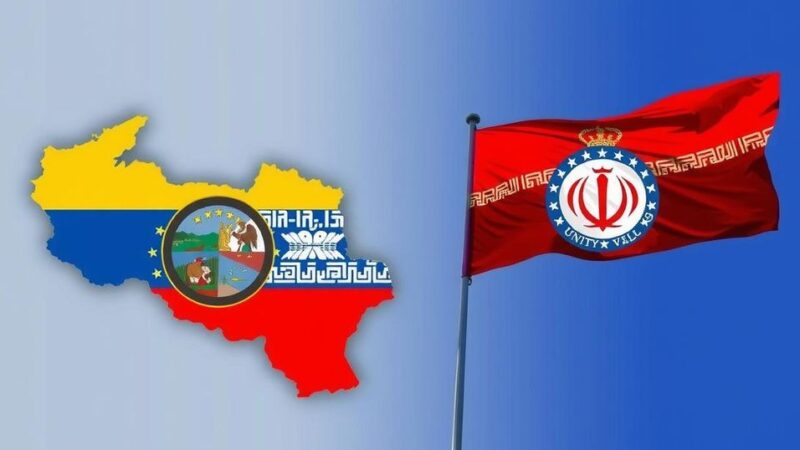Air France is investigating an incident where Flight AF662 flew over Iraq as Iranian missiles were launched towards Israel on October 1, 2023. The airline took proactive measures to suspend flights over Iraqi airspace upon gathering intelligence of the attacks, which were purportedly in retaliation for the killing of a Hezbollah leader. The situation is reflective of the heightened military tensions in the Middle East, affecting the safety assessments of airlines operating in the region.
Air France has initiated an investigation regarding a recent incident involving Flight AF662, which was en route from Paris to Dubai and flew over Iraqi airspace while Iranian missiles were launched towards Israel. The incident occurred on October 1, coinciding with Iran’s missile strike, which was reported as a reaction to the assassination of Hezbollah leader Hassan Nasrallah among others near Lebanon. The airline confirmed that the flight was traversing Iraqi airspace around 4:45 p.m. UTC and exited shortly before local authorities officially closed the airspace at 5:56 p.m. UTC. In light of the imminent threat identified through intelligence reports, Air France proactively decided to halt operations in Iraqi airspace from 5 p.m. UTC. The airline noted their commitment to flight safety, asserting that they routinely monitor geopolitical developments to safeguard the wellbeing of their passengers and crew members. Prior to the attacks, the White House had already indicated potential missile activity from Iran, thereby reinforcing the decision taken by Air France crews to redirect flight paths away from the region. Furthermore, it was reported that Air France pilots may have witnessed missiles during their flight, although this particular detail was not confirmed by the airline. The escalation of hostilities in the Middle East has escalated, with Israeli officials warning of broader conflict as tensions between Israel and Hezbollah continue to rise, while military operations in Gaza persist. This event underscores the complexities and dangers faced by commercial aviation in conflict-ridden areas and highlights the critical importance of real-time intelligence and responsiveness in ensuring safety for international flights.
The context of this incident involves heightened military tensions in the Middle East, particularly following Iran’s missile strikes on Israel in early October 2023. This series of events was triggered by Iran’s retaliation against Israeli actions that had resulted in significant casualties, including the death of key Hezbollah figures. The operational environment for airlines flying in or near conflict zones has become increasingly precarious, necessitating rigorous monitoring of geopolitical developments and readiness for emergency measures. The involvement of air traffic authorities, airlines, and international diplomatic entities plays a crucial role in maintaining aviation safety during periods of military escalation, making swift decision-making essential. In the wake of this incident, responses from various stakeholders, including airlines, government entities, and regional powers, will greatly influence the operational protocols for commercial flights in areas perceived as high risk.
In conclusion, the incident involving Air France Flight AF662 exemplifies the precarious intersection of aviation safety and geopolitical conflict. The decision by Air France to scrutinize its operational protocols following the Iranian missile attacks highlights the airline’s priority on passenger safety and security in an increasingly volatile environment. Continued vigilance and adaptability to real-time intelligence are vital for ensuring safe commercial flight operations amidst escalating military tensions in the region.
Original Source: www.cnn.com






